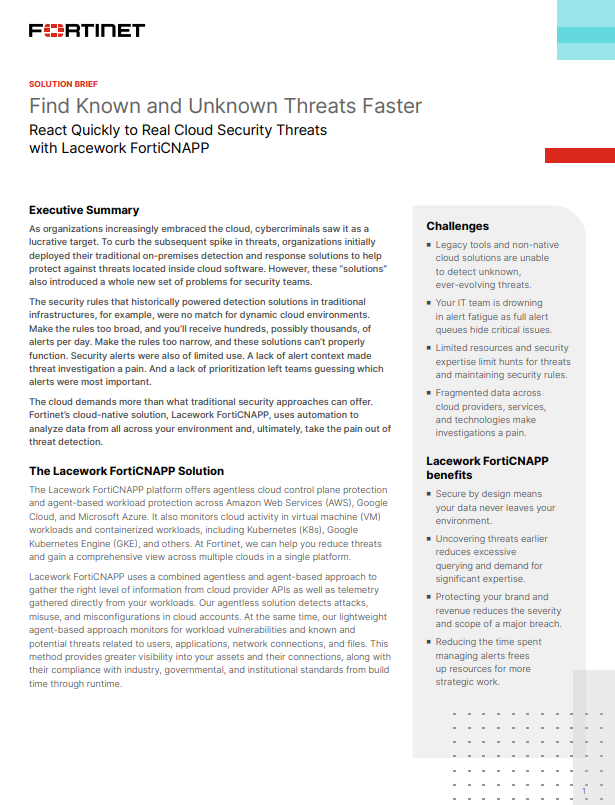Microsoft declares war against pirates, angers China
As Microsoft announces a worldwide battle against software piracy, it stands accused of being the ‘biggest hacker in China’.

Microsoft announced a global initiative against the threat of software piracy and has already incurred the wrath of Chinese computer users.
As the company announced Global Anti-Piracy Day', which it called a worldwide education and enforcement initiative against piracy, Chinese internet users were up in arms about a new anti-piracy tool which turned their screens black if the installed software failed a validation test.
In China, where the vast majority of their 200 million users were using counterfeit software, bloggers were up in arms about Microsoft "intruding" into their computers, with an accusation that it was the "biggest hacker in China".
One blogger wrote: "Microsoft has no right to control my hardware without my agreement." Another wrote: "If the price of genuine software was lower than the fake one, who would buy the fake one?"
A Chinese lawyer wrote that if Microsoft caused serious functional damage with the tool, it could stand accused of breaching and hacking into computer systems.
The controversy came as Microsoft announced programmes which included intellectual property awareness campaigns, engagement with businesses, educational forums, law enforcement training, and new legal steps against counterfeit software makers and pirates.
David Finn, associate general counsel for Worldwide Anti-Piracy and Anti-Counterfeiting at Microsoft, said: "Microsoft is driving anti-piracy efforts across countries and continents through an equally sophisticated system of business intelligence, forensics and education.
Get the ITPro daily newsletter
Sign up today and you will receive a free copy of our Future Focus 2025 report - the leading guidance on AI, cybersecurity and other IT challenges as per 700+ senior executives
"Together, we are working to identify international connection points between software pirates and counterfeiters, to help stop them in their tracks and protect consumers and legitimate businesses from this illegal trade."
(With files from Reuters.)
-
 Neural interfaces promise to make all tech accessible – it’s not that simple
Neural interfaces promise to make all tech accessible – it’s not that simpleColumn Better consideration of ethics and practical implementation are needed if disabled people are to benefit from neural interfaces
By John Loeppky
-
 Solution Brief: Find Known and Unknown Threats Faster
Solution Brief: Find Known and Unknown Threats FasterDownload Now
By ITPro
-
 New malware uses search engine ads to target pirate gamers
New malware uses search engine ads to target pirate gamersNews MosaicLoader uses advanced obfuscation techniques to avoid detection
By Danny Bradbury
-
 US big tech suffers as federal privacy bill delayed
US big tech suffers as federal privacy bill delayedNews Firms must comply with California's strict data laws in lieu of a federal bill
By Erin Paulson
-
 Liberty defeated in ‘snooper’s charter’ legal challenge
Liberty defeated in ‘snooper’s charter’ legal challengeNews High court rules the government’s Investigatory Powers Act doesn’t breach human rights
By Keumars Afifi-Sabet
-
 Premium email firm Superhuman ends pixel tracking after backlash
Premium email firm Superhuman ends pixel tracking after backlashNews The email plugin startup removed read receipts by default after accusations of surveillance
By Bobby Hellard
-
 GDPR is not enough to win back customer trust
GDPR is not enough to win back customer trustIn-depth When it comes to building new services, industry experts believe there should be a collective responsibility for data security
By Mark Samuels
-
 UK Prisons trial facial recognition to stop drug smugglers
UK Prisons trial facial recognition to stop drug smugglersNews Biometric technology used to catch visitors supplying contraband
By Bobby Hellard
-
South Wales Police given ultimatum to drop facial recognition tech
News Ex-councillor Ed Bridges has given the force two weeks to drop tech that "violates privacy rights"
By Bobby Hellard
-
 Facebook suspends hundreds of apps for misusing user data
Facebook suspends hundreds of apps for misusing user dataNews An internal investigation into data misuse by Facebook apps has led to a raft of suspensions
By Tom McMullan